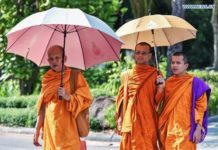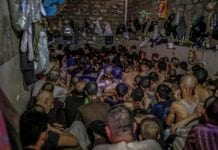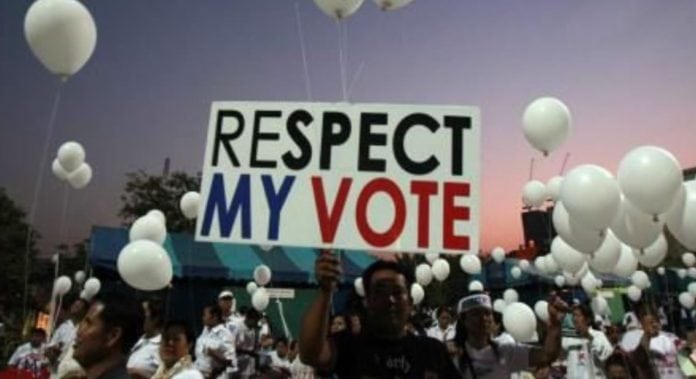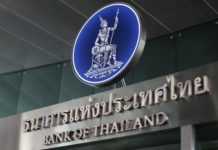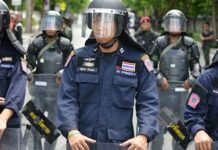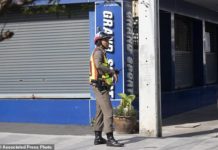Thailand’s election commission on Tuesday called general elections for May 14, the first vote since the 2019 elections held under the former military junta.
The commission announced the date on its Facebook page a day after dissolving parliament, which for the past four years has been dominated by the coalition led by Prime Minister Prayut Chan-ocha, a coup-leader turned politician.
It said the vote would take place between 8:00 a.m. and 5:00 p.m. (1:00 a.m. and 10:00 a.m. GMT) and that voters would be able to vote early on May 7.
According to a poll published Sunday by public consultancy NIDA, the two main opposition parties lead the intention to vote, with 49.75 percent for Pheu Thai and 17.40 percent for the reformist Move Forward.
In third place is the new conservative formation United Thai Nation, with 11.75 percent of support, led by the current prime minister, ahead of the Democratic Party, with 5.40 percent of voting intentions.
According to NIDA, 38.20 percent of those consulted show their support as future prime minister for Paetongtarn Shinawatra, a 36-year-old neophyte in politics, at the head of Pheu Thai; followed by Pita Limjaroenrat (15.75 percent) – of Move Forward – and Prayut (15.65 percent.)
Paetongtarn belongs to the popular Shinawatra clan, which has won every election since 2001 by number of seats, and is the daughter of Thaksin Shinawatra, prime minister between 2001 and 2006, and the niece of Yingluck, who also led the country from 2011 to 2014.
Thaksin and Yingluck were ousted in separate military coups before they could finish their terms, and both are currently in exile.
The last military uprising was led by Prayut himself, who made the leap into politics in the 2019 elections and obtained sufficient support to form a government, although they were branded as “not very transparent” by international observers.
The vote in May will elect some 500 parliamentary members, although the 250 unelected senators appointed by the former military junta will also elect the prime minister. Their mandate will end in 2024. EFE

